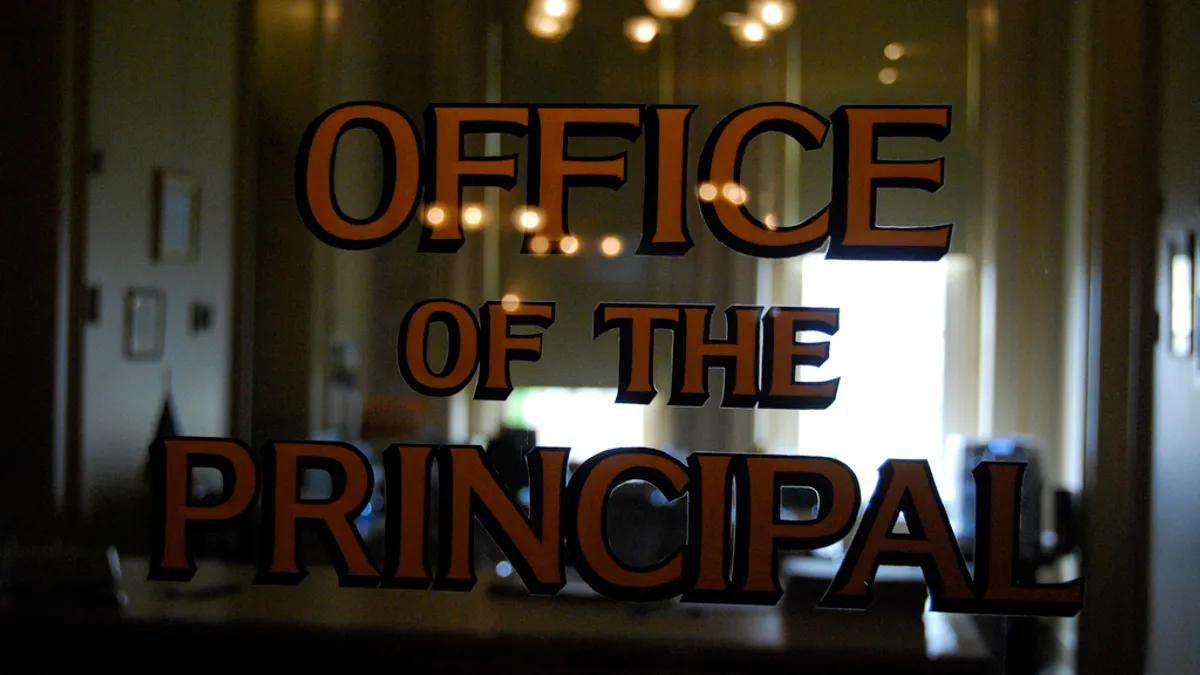Dive Brief:
- Educators who have a plan for welcoming back students removed from the classroom for disciplinary reasons are better positioned to restart the learning experience on a positive note, David Bulley, a Massachusetts-based discipline and restorative practices administrator, writes for Edutopia, noting that students typically feel “hated” by their teacher after a disciplinary incident.
- Bulley urges teachers to dispel a disciplined student’s feeling of being hated, lest the student continues to agitate the teacher to prove themselves right. Part of the welcoming back process is ensuring the student understands what they missed while away, while another is to show there is no ill will and they can start fresh.
- Though students are responsible for their own self-control, it's up to educators to teach and promote those skills, Bulley says. By creating a path to success, students can understand what’s expected of them even if they don’t initially choose to do it.
Dive Insight:
Keeping interactions positive helps students rejoin the class, Bulley says. He urges teachers to give compliments, such as, “I like how your mind works.” He reminds teachers students act out because something is wrong, but they don’t know how to communicate it.
Some schools are changing their culture through alternative models like "conscious discipline." At Langley Elementary, a Title I school in Washington, D.C., school culture improved and suspension rates dropped after the program was implemented. At that school, students are offered safe places to calm down, which are drenched in calming colors and furnished with comfy couches. Teachers practice a trauma-informed approach that gives students a feeling of protection in the classroom.
The program recognizes that when students are in survival mode, learning can’t take place. Students need to feel supported so they can enter an “executive state” of mind that allows for learning.
Data analytics are being used in some districts to monitor student behavior. The process decreases discipline by 72%, according to research from Tulane University’s Education Research Alliance. That study used Kickboard analytics software tracking positive and negative student behaviors as teachers input data on smartphones or Chromebooks. Use of the technology saw average suspension rates to drop, with the average number of suspension days given to students falling by 52% and graduation rates increasing to 85%, up 30 points.












